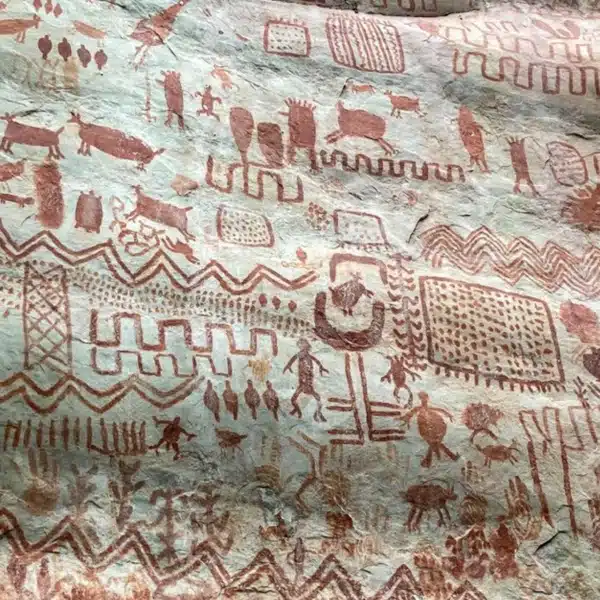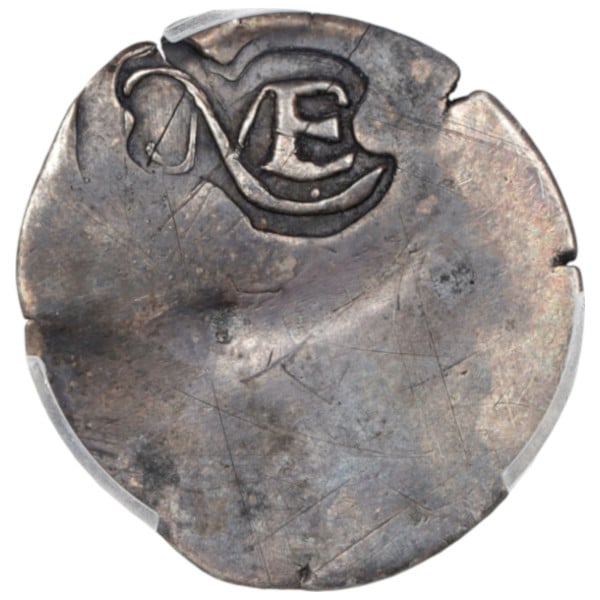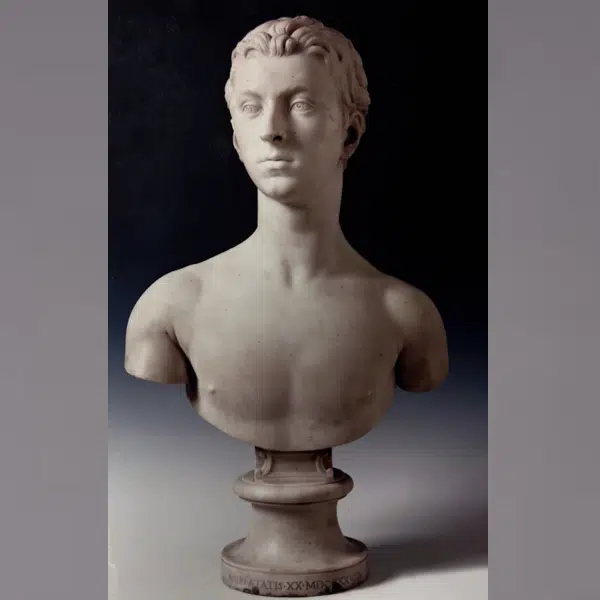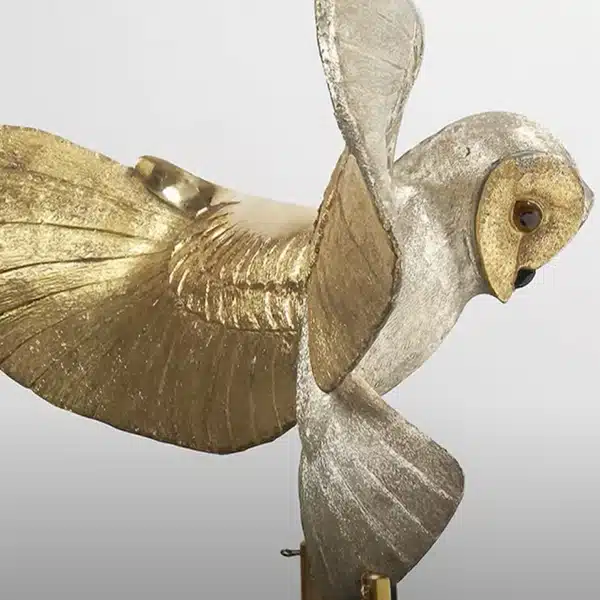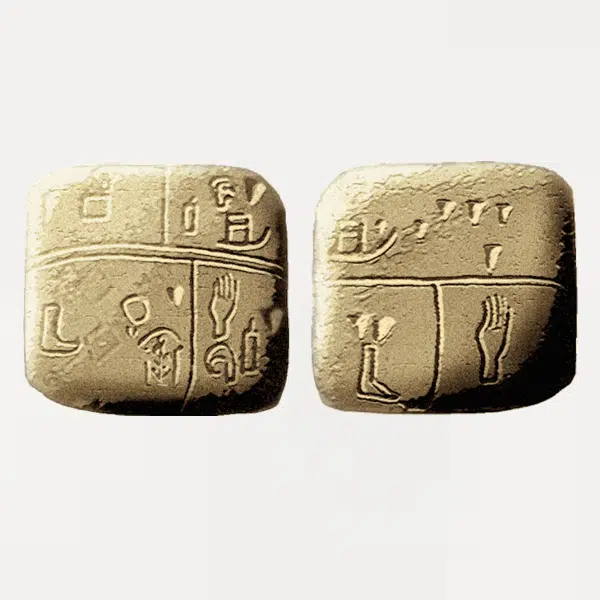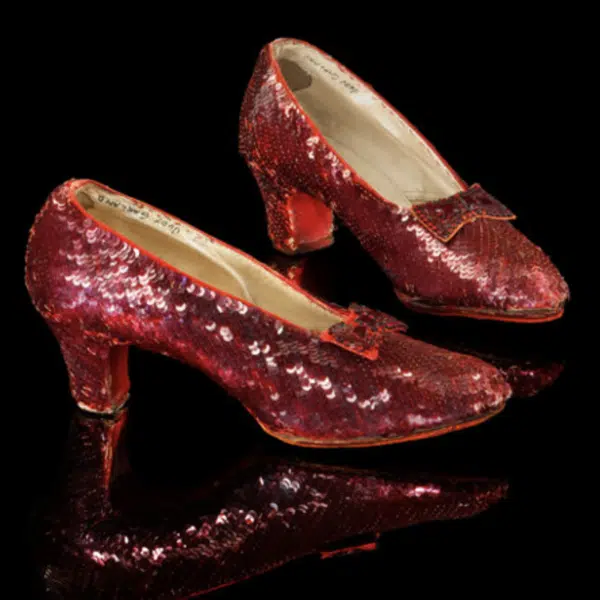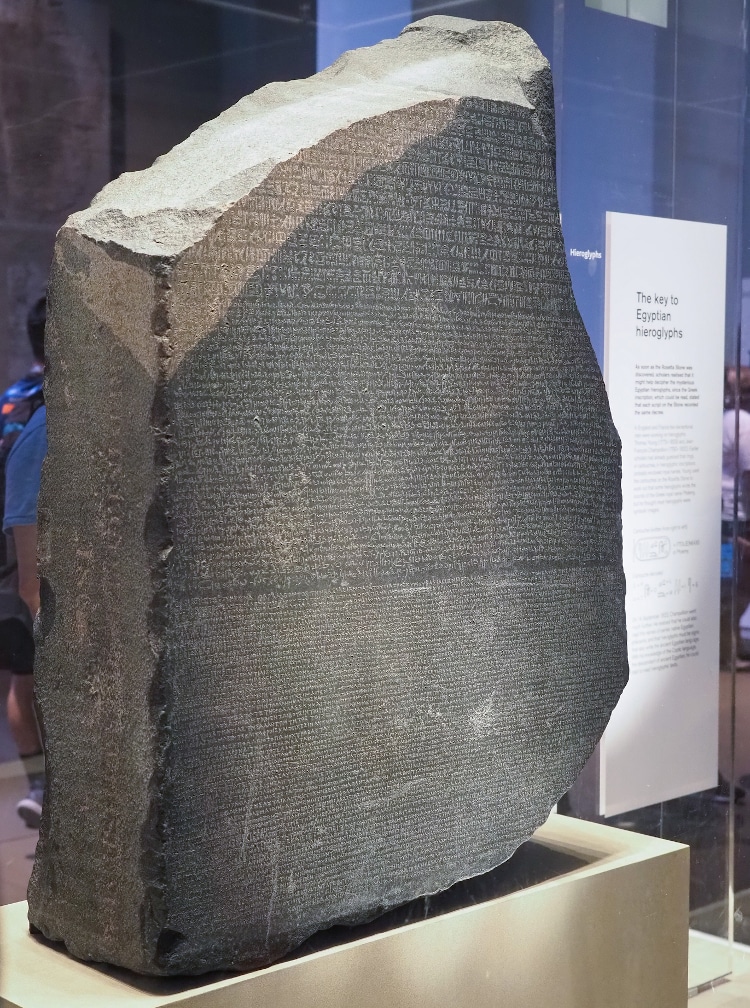
Photo: claudiodivizia/Depositphotos
A group of leading Egyptian archeologists are leading a call for the return of the Rosetta Stone to the land where it was taken from centuries ago. The legendary artifact has sit in the British Museum for over 200 years, and has been one of its main attractions ever since.
The Rosetta Stone is a stele inscribed with a decree in three types of script, which was key to deciphering Ancient Egyptian hieroglyphics. Found by French soldiers during a late-18th century expedition, the stone made waves from the very beginning, as academics and journalists were hopeful it would lead to the interpretation of this writing system. The artifact was then handed to the British as part of the Treaty of Alexandria in 1801.
According to the group of Egyptian academics, it's this significance which makes the Rosetta Stone integral to Egypt's national heritage. This has inspired them to launch an online petition backed by thousands of people. “The Rosetta stone was undeniably a spoil of war and an act of plunder that was outlawed in the 17th and 19th centuries,” write the petitioners. The group points out, among other things, how it's virtually impossible for many Egyptians to see this piece of their history with their own eyes, citing thorough visa requirements and expensive flight tickets.
“The confiscation of the Rosetta Stone, among other artifacts, is an act of encroachment on Egyptian cultural property and identity, and is a direct result of cultural colonial violence against Egyptian cultural heritage,” the petition reads. “The presence of these artifacts in the British Museum to this day supports past colonial endeavors of cultural violence and deprives Egypt as the country of origin of not only the physical return of these objects, but also of their important role as Egyptian cultural heritage that spans a millennia of rich history.”
Egypt has called for the return of the Rosetta Stone as early as 2003. Zahi Hawass, an Egyptian archeologist and former Minister of State for Antiquities Affairs, pleaded then for the return of the historic slab after calling it “an icon of [the] Egyptian identity.”
This isn't the first time the British Museum has been called upon for the repatriation of historical artifacts obtained in a questionable way either. Such is the case of the Elgin Marbles—sculptures removed from the Parthenon and transported to Britain in the early 19th century. In 2021, UNESCO called for the United Kingdom to return them to Greece.
All in all, this is part of a larger issue permeating the largest museums of the western world, which house precious objects taken from civilizations around the world. From the Benin bronzes recently turned in by Germany to the controversary around Montezuma's headdress, which is held in an Austrian museum, the conversation is far from over. Still, after many years, there's a glimmer of hope for reinstatement and acknowledgment.
“This is a powerful opportunity for Britain to demonstrate moral leadership,” the petition states, “and to choose to follow moral principle over profit and support the healing of the wounds inflicted by colonial powers.”
A group of Egyptian archeologists are calling for the return of the Rosetta Stone to its home country.
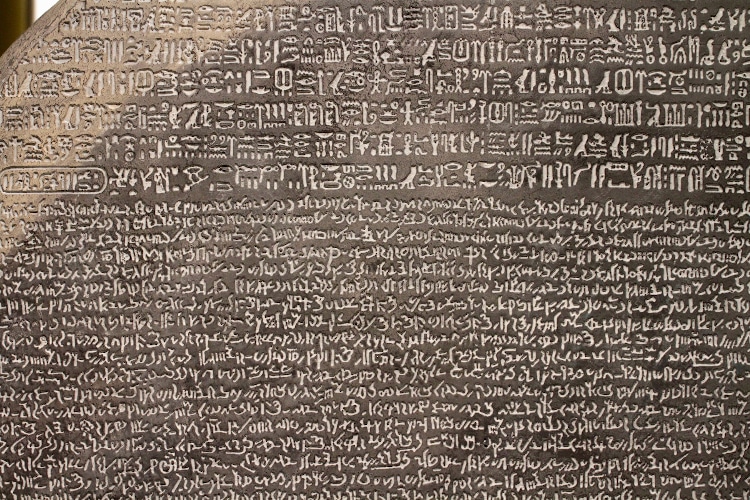
Photo: lifeinapixel/Depositphotos
The stone was taken by a Napoleonic expedition, and has sit in the British Museum since 1802.
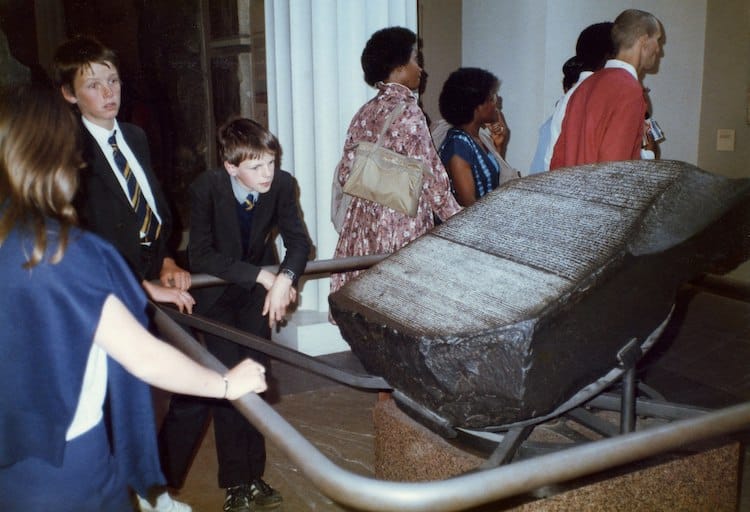
Museum goers viewing the Rosetta Stone at British Museum in 1985. (Photo: RickDikeman via Wikimedia Commons, CC0 1.0)
“This is a powerful opportunity for Britain to demonstrate moral leadership, and to choose to follow moral principle over profit and support the healing of the wounds inflicted by colonial powers,” reads the petition.
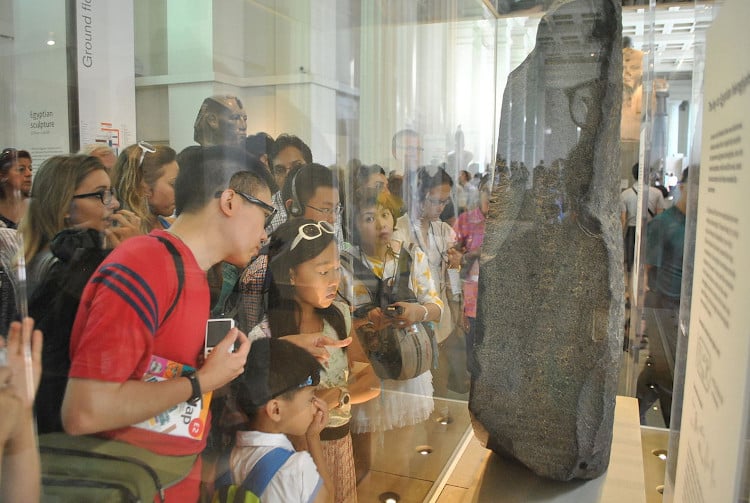
Museum goers viewing the Rosetta Stone at British Museum in 2014. (Photo: ProtoplasmaKid via Wikimedia Commons, CC-BY-SA 4.0)
Related Articles:
3,200-Year-Old Egyptian Tablet Shows They Took Attendance at Work and Recorded Absences
8 Facts About Hatshepsut, One of the Few Female Pharaohs to Rule Ancient Egypt
All Hail Sobekneferu: Learn About the First Known Female Pharaoh of Ancient Egypt
Researchers Use DNA to Reconstruct the Faces of Three Ancient Egyptian Mummies











































































